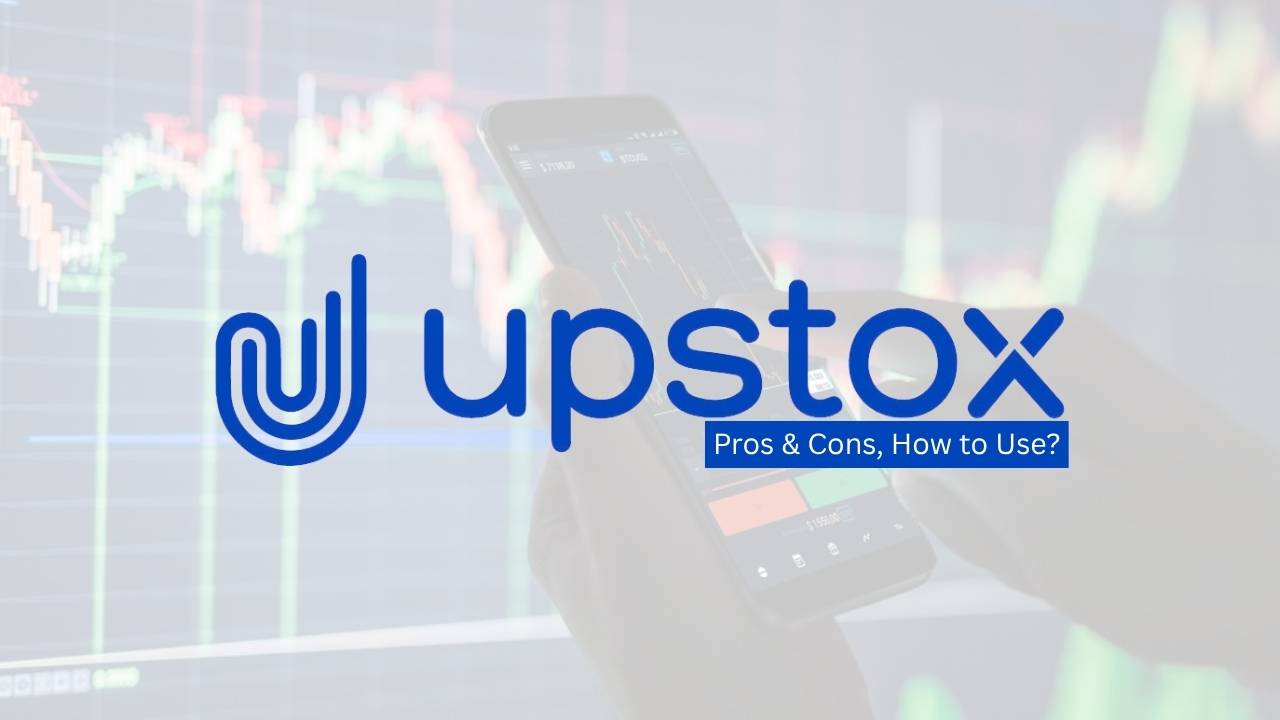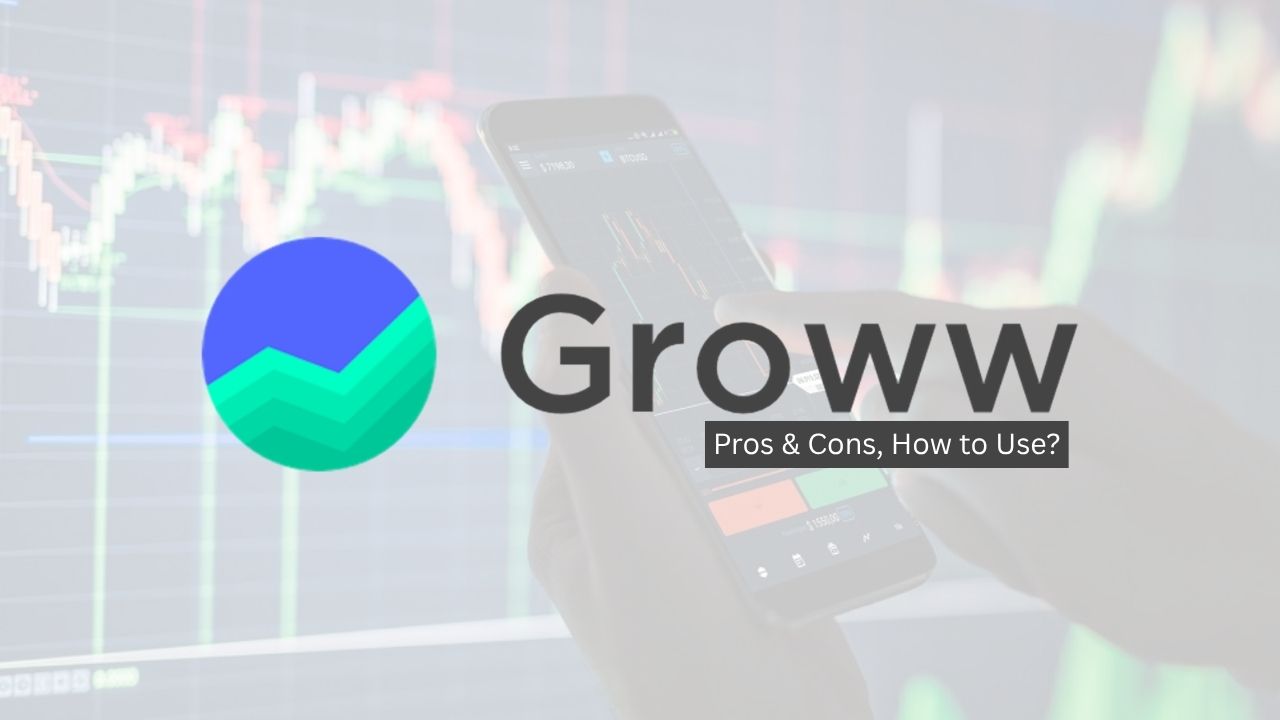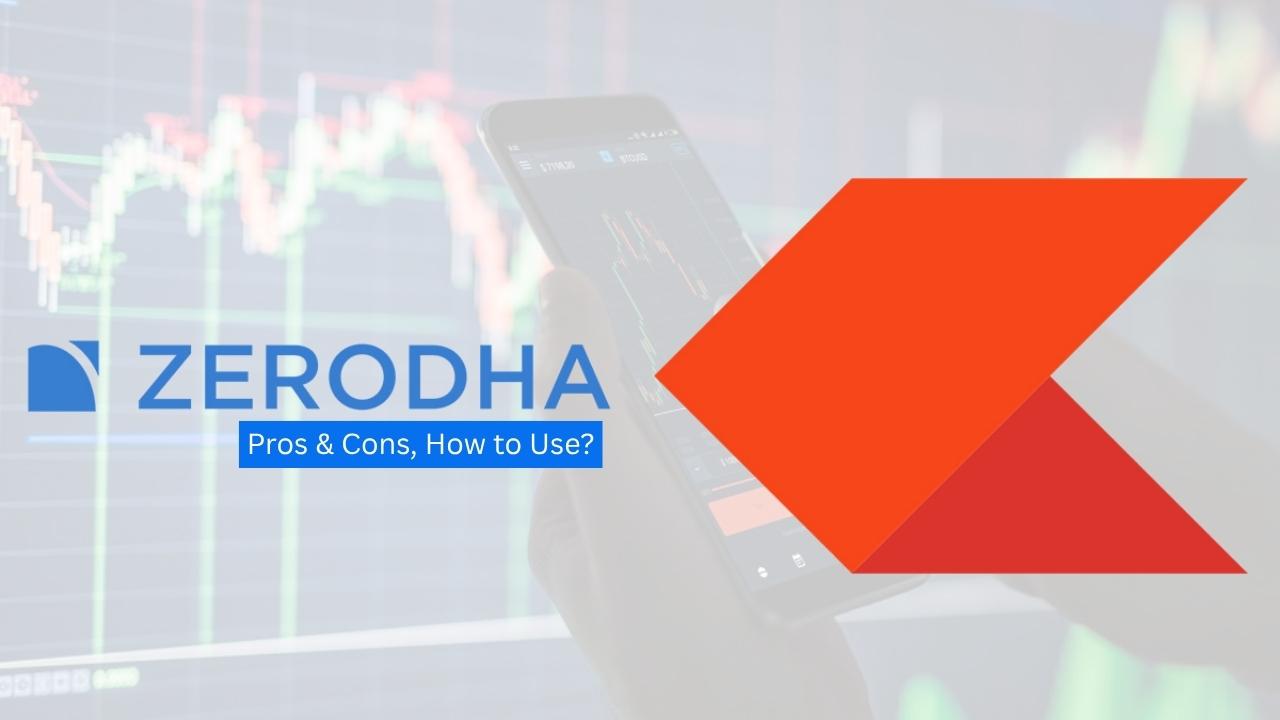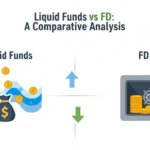HDFC Securities is the broking subsidiary of HDFC Group and one of the most sought-after full-service brokers in India. It provides trading and investment services for stocks, derivatives (F&O), mutual funds, IPOs, ETFs, bonds, and so on. Most customers prefer HDFC Securities since it can consolidate a demat account, trading account and bank account for easier use — this is commonly referred to as a “3-in-1” configuration, which simplifies money transfers and settlements.
Here in this post, you can get easy explanations of the primary features of HDFC Securities, why individuals prefer it, the disadvantages, a simple break-up of typical charges, a step-by-step guide on how to use the site, a comparison table, a brief conclusion, and an FAQ.
HDFC Securities: Features, Pros & Cons, Charges, & How to Use HDFC Securities

Key features of HDFC Securities
HDFC Securities has integrated banking, trading, and demat facilities so that numerous users have one connected experience (the 3-in-1 account). This is convenient since you can transfer funds easily from your connected HDFC Bank account to the trading account and the settlement of shares to your demat account smoothly. The site has various methods of trading: web-based interfaces, desktop-terminal programs and mobile devices (InvestRight / HDFC SKY), meaning you can trade using a phone or a PC. HDFC also gives you research reports, daily market updates, expert calls and educational content — handy when you also wish to have analysis along with trading. Advanced features also include margin calculators, stock SIPs (systematic equity investing), basket investing, lending & borrowing of securities, and APIs for programmatic trading.
HDFC also offers special services for institutional investors and NRIs. The combination of bank integration, research, and diverse product options makes HDFC Securities appealing to new investors as well as individuals who desire more than a bare-bones trading app.
Pros — Why people pick HDFC Securities
There are quite a few compelling reasons why most investors prefer HDFC Securities. For one, it belongs to the big HDFC Group and HDFC Bank — that brand confidence and extensive branch/support network ease most users, particularly newbies. Hence, convenience is another reason for linking the 3-in-1 account, which comprises linking of bank + trading + demat, reduces paperwork and speeds up fund transfers and settlements. Thirdly, HDFC provides rich research and advisory — daily reports, analyst calls, and learning material, which are valuable for investors who want guidance. Fourth, the platform accommodates numerous products other than stocks: mutual funds, bonds, IPOs, currency/commodity derivatives and global investment options — allowing you to have more of your investing in one place.
Last but not least, HDFC offers a number of trading tools such as basket orders, stock SIPs and margin calculators; these assist active traders and long-term investors in handling ideas and risk. For those who prioritize support, research and bank integration rather than absolute lowest fees, HDFC is the natural option.
Cons — Things to be aware of
HDFC Securities is a full-service broker, and that has tradeoffs. A primary disadvantage is cost: the default or normal brokerage can be more than most discount brokers. Full-service brokers often charge a percentage brokerage on delivery trades or higher rates for convenience and research, so if your priority is the cheapest possible trading costs, HDFC may be more expensive.
Another issue is complexity: HDFC offers many plans, products and tools, which is great for some users but can confuse beginners who only want a simple app to buy and hold stocks. Also, advanced features or special discounted rates might need you to connect an HDFC Bank account or activate a POA (power of attorney) — that additional step can feel like a privacy invasion to users who mind. Lastly, since brokers charge for plans frequently, it’s best to verify HDFC’s new tariff and plan information before you join up — don’t trust older pricing.
Charges — Brokerage, AMC, and other fees
HDFC Securities has a tariff publication, and they have varying charge structures based on the plan you choose. The broker’s typical or default brokerage (for local individual customers) is a percentage system in most instances — in the past this has been as much as about 0.50% on cash delivery trades (or a minimum stated), although HDFC also operates plan schemes that charge lower per-order or flat fees to active traders. Along with brokerage, anticipate statutory and exchange fees that all pay: STT (Securities Transaction Tax), exchange transaction fees, SEBI charges, GST and stamp duty.
Demat account charges — AMC (annual maintenance fees), debit/credit transaction fees and remat fees — are quoted in HDFC’s demat tariff notes and are variable by holding amount (BSDA norms apply for low-value holdings). Since HDFC has several brokerage plans (some for investor profiles, some for traders) your last cost is based on the plan you sign up for and whether you connect an HDFC Bank account or take advantage of special offers — always consult the latest tariff sheet and the brokerage plans page before signing up.
How to use HDFC Securities — step-by-step
It is easy to use HDFC Securities once your account is opened.
Step 1 — Open a 3-in-1 account: visit HDFC Securities’ online account opening webpage, do KYC by uploading PAN and Aadhaar, enter bank details (preferably your HDFC Bank account for certain offers) and complete e-KYC and physical verification if required.
Step 2 — Fund your trading account: move money from your associated savings account (or use NEFT/IMPS/UPI) to the trading ledger.
Step 3 — Install the app or use the web platform: use the InvestRight / HDFC SKY app or the web portal to create watchlists, see charts and read research notes.
Step 4 — Place orders: select product type (delivery, intraday, F&O) and order type (market, limit, GTT/Good Till Triggered if supported). Use basket orders or stock SIPs for systematic purchase.
Step 5 — Monitor positions and settlements: delivery trades settle and reflect in your demat; intraday/F&O involve margin management.
Step 6 — Withdraw funds / manage holdings: Upon sale, ask for a payout to your bank or utilize Payout/e-ATM where available. If you are new, view HDFC’s demo videos and study their “how-to” guides to ensure you do it right.
Quick comparison table
| Broker / Feature | Typical Delivery Brokerage (example) | Typical Intraday / F&O | Demat AMC / Notes | Best for |
|---|---|---|---|---|
| HDFC Securities (full-service) | Standard tariff uses percentage models (e.g., up to ~0.50% in basic schedules) — multiple plans available. | Varies by plan; some plans/flat fees for F&O & intraday. | Demat AMC and transaction charges follow published tariff (BSDA rules apply). | Investors who want bank integration, research & full services |
| Discount brokers (example: Zerodha) | Many discount brokers offer zero or very low delivery brokerage (Zerodha historically zero on delivery). | Flat small fees per order (e.g., ₹20 or a small %) making them cheaper for frequent traders. | Usually have a DP/AMC — check broker for current rates. | Traders and passive investors who want lowest cost |
| Full-service brokers (example: ICICI Direct) | Full-service brokers often have higher delivery brokerage but offer research and branch support. | Plans can include flat pricing or percentage based on plan. | AMC and add-on services vary by broker. | Users who want advice + tools + bank linkage |
Note: Numbers in the table are indicative and depend on the plan you choose. Brokerage rules and statutory charges change often — always check the official tariff and plan pages before you decide.
Conclusion
HDFC Securities is a solid option if you prioritize brand trust, bank integration (3-in-1 accounts), research and comprehensive product offering. It is good for new investors looking for guidance and seasoned clients requiring sophisticated tools.
The tradeoff is price: if your sole concern is the absolute minimum brokerage for delivery trades, discount brokers will be less expensive. Before you decide, contrast HDFC’s existing brokerage plans, examine demat AMC regulations, and determine if the add-on services and research are worth the costs to your own investing approach.
Frequently Asked Questions (FAQ)
Is HDFC Securities safe?
Yes. HDFC Securities is a SEBI-registered broker and a member of major exchanges (NSE, BSE, MCX). Client securities are held in demat accounts with NSDL/CDSL depositories and statutory protections apply. Always enable two-factor authentication and secure your login details.
How much does it cost to open an HDFC Securities account?
Account opening is often available online with some offers waiving fees. Demat account opening may be nil or waived in specific offers, but AMC and transaction charges can apply later depending on the tariff. Check HDFC’s “open demat account” and tariff pages for up-to-date offers.
Can I trade using only the mobile app?
Yes. HDFC provides mobile apps (InvestRight, HDFC SKY) that let you trade stocks, apply for IPOs, invest in mutual funds and view research. The apps support watchlists, charts and order placement.
Does HDFC offer cheaper plans like discount brokers?
HDFC has different brokerage plans and sometimes offers lower-fee options or special plans for traders. However, its basic / standard brokerage is generally higher than pure discount brokers. Review the brokerage plans page to find the plan that fits your trading style.
Should I choose HDFC Securities or a discount broker?
If you want research, branch support and bank integration, HDFC is a good fit. If you want the lowest cost on delivery trades and a very simple interface, discount brokers may be better. Compare total cost (brokerage + statutory charges + AMC) and the services you need before deciding.











